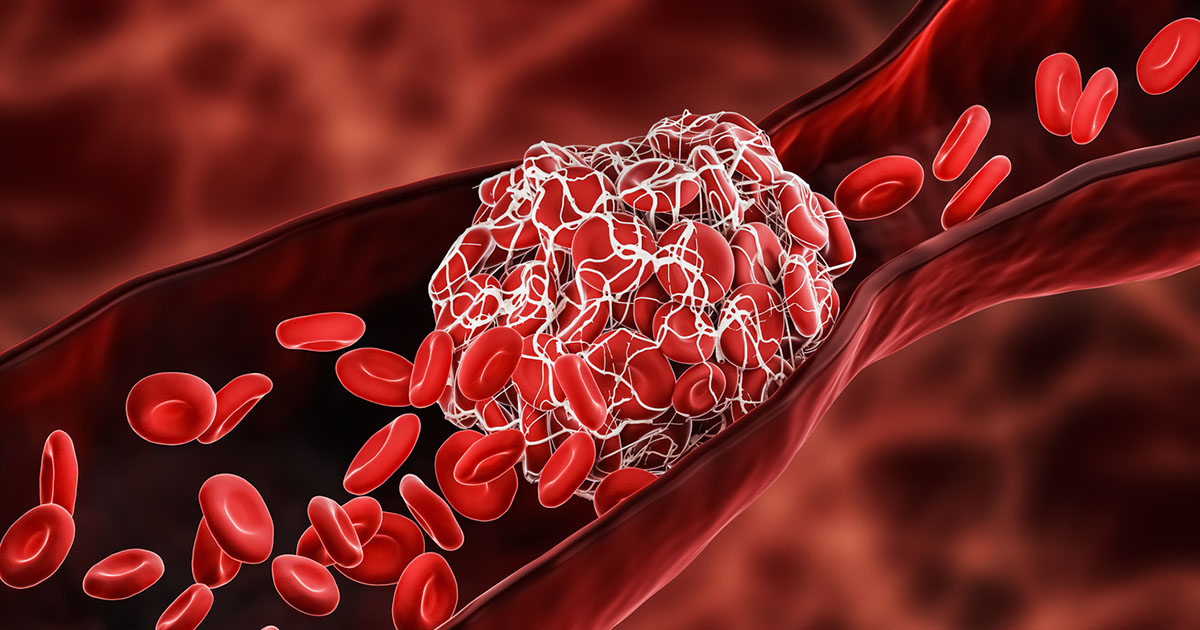Diabetes UK Annual Professional Conference 2009
Very little headline sensationalism has happened since the last Diabetes UK Annual Professional Conference in 2008. The glitazone debate still lingers on and the use of incretin mimetics has become familiar to many. The conference this year was varied and had several highlights.
Emphasis was placed on prevention and obesity management and new technologies and insulin pump therapy were discussed. In particular, the Year of Care (NHS Diabetes, 2009) and vascular screening programmes (Department of Health [DH], 2009) are worthy of a mention.
The Year of Care describes the ongoing care that a person with a long-term condition should expect and includes engagement, self-management and care planning. Emphasis is placed on the involvement of the person with diabetes and the encouragement to take a central role in their own management (NHS Diabetes, 2009). The review and satisfaction of people appears good but we await the formal appraisal.
The vascular screening programme is to be launched in England for people 40–74 years of age (DH, 2009). The National Service Framework (NSF) for coronary heart disease, renal disease, diabetes and stroke have all highlighted the need for prevention but each has set out its own individual approaches. The NSF for vascular screening looks at a single integrated check that will seek to give an individual a personal package of prevention (DH, 2009). There is an aim to complete three million checks per year at a cost of £320 million, which does not include the savings the programme may achieve. The anticipation is to reduce the rate of illness by 4000 cases of diabetes, 650 cardiovascular deaths and 1600 heart attacks and strokes (DH, 2009).





SURMOUNT-5 trial pits tirzepatide against semaglutide, plus behaviour change support, for weight loss.
15 May 2025